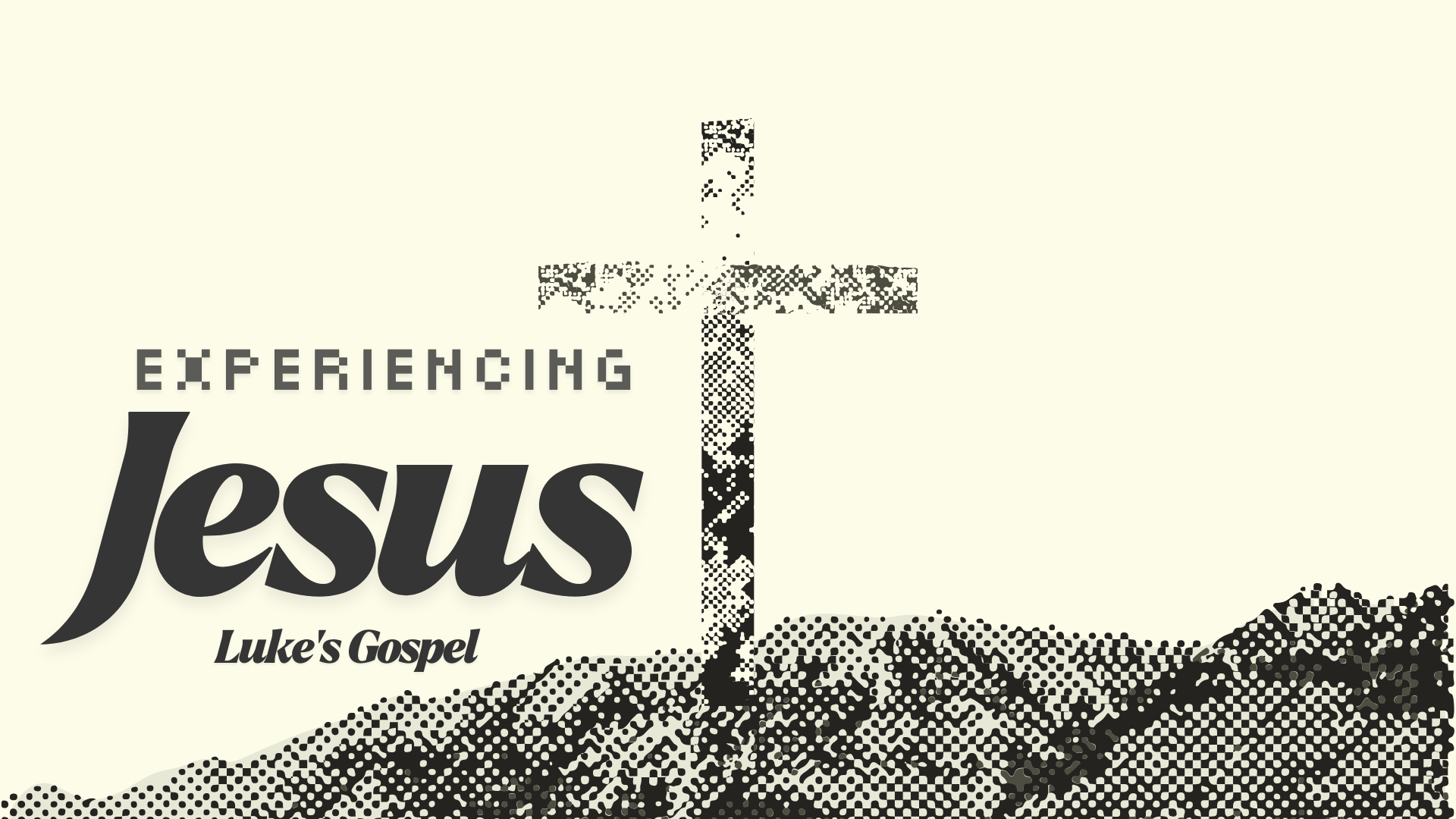Help for the Helpless
/Luke 7:1-35
"God is our refuge and strength, an ever-present help in trouble." — Psalm 46:1
Have you ever felt completely helpless? Helplessness is scary and jarring. What do you do when you feel this way? What are you feeling helpless about today?
In Luke 7:1-35, we see Jesus interact with three people who are helpless:
1. A Roman Centurion who is helpless to heal his servant (7:1-10).
2. A widow who is helpless to bring her son back from the dead (7:11-17).
3. A prophet who is helpless to strengthen his faith while in a prison cell (7:18-35).
In the Centurion's helplessness, he shows us that humility asks for help. His servant's sickness was beyond his own strength, but his love motivated him to reach out. His faith was certain: "But say the word, and let my servant be healed" (7:7).
In the widow's helplessness, we see that grief often robs us of words. Even when we cannot speak, Jesus hears us. Moved with compassion, Jesus said, "Do not weep." With one touch and a few words, the widow’s son sat up and began to speak (7:14-15), leading witnesses to proclaim, "God has visited his people."
But what do you do when God’s visitation looks different than you expected? Doubt can make us feel helpless and fearful, making our foundation feel like sinking sand. From a dark prison cell, John the Baptist asked a brave question: "Are you the One who is to come, or shall we look for another?" (7:20). Doubt tempts us to look elsewhere, but John was rewarded for vocalizing his struggle. Jesus responded:
"Go tell John what you have seen and heard: the blind receive their sight, the lame walk, lepers are cleansed, the deaf hear, the dead are raised up, and the poor have the good news preached to them. And blessed is the one who is not offended by me" (7:22-23).
On this side of heaven, we will experience sickness, death, and doubt. We will face seasons of helplessness, but that does not mean Jesus is absent or passive.
Our Helper will come. He will act, He will heal, and He will turn our weeping into rejoicing. He will quiet our doubts and bring in His Kingdom.
May we be a people who bring our helplessness to the Helper. Though weeping may last for the night, His joy comes in the morning. When you do not know what to say or do, remember that Jesus has you—He always has, and He always will.
See you Sunday,
Steven






